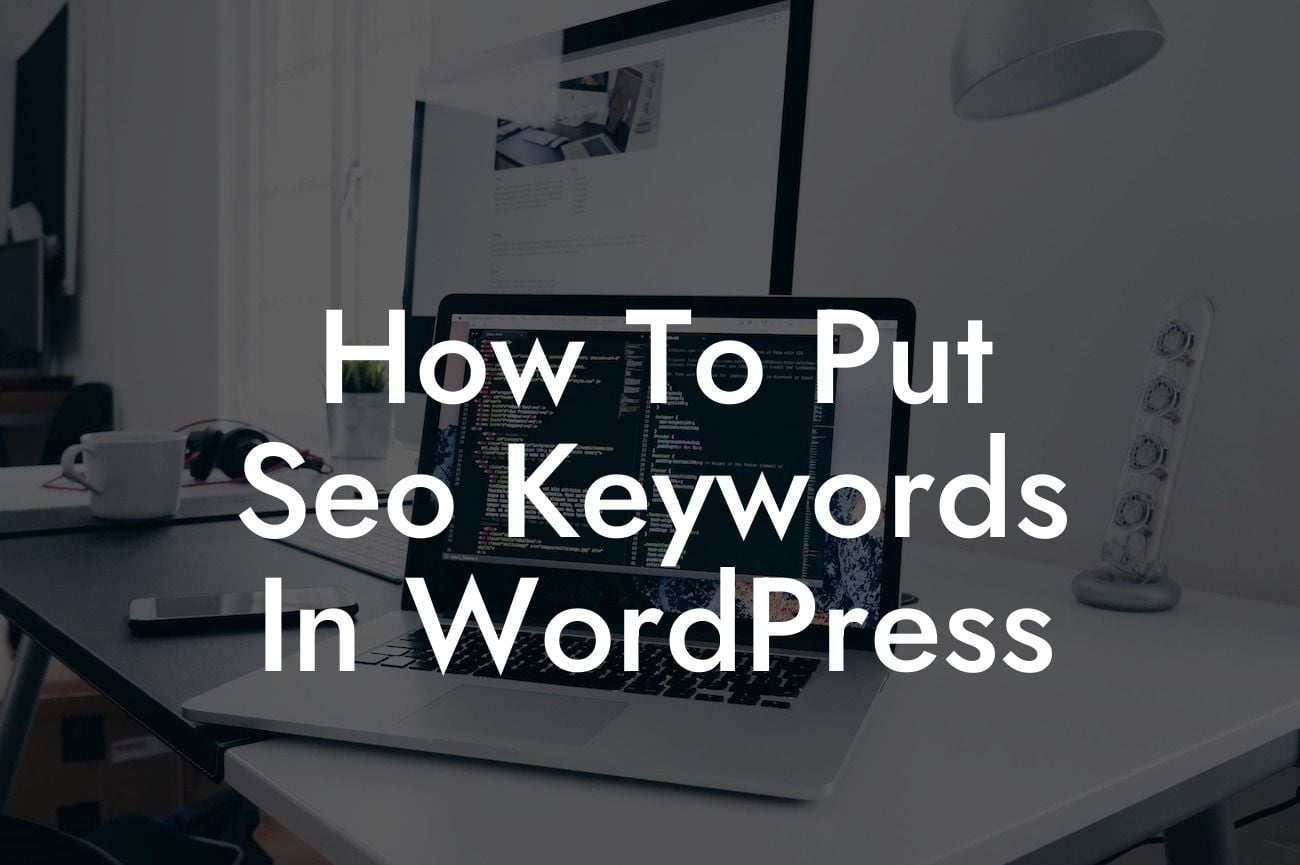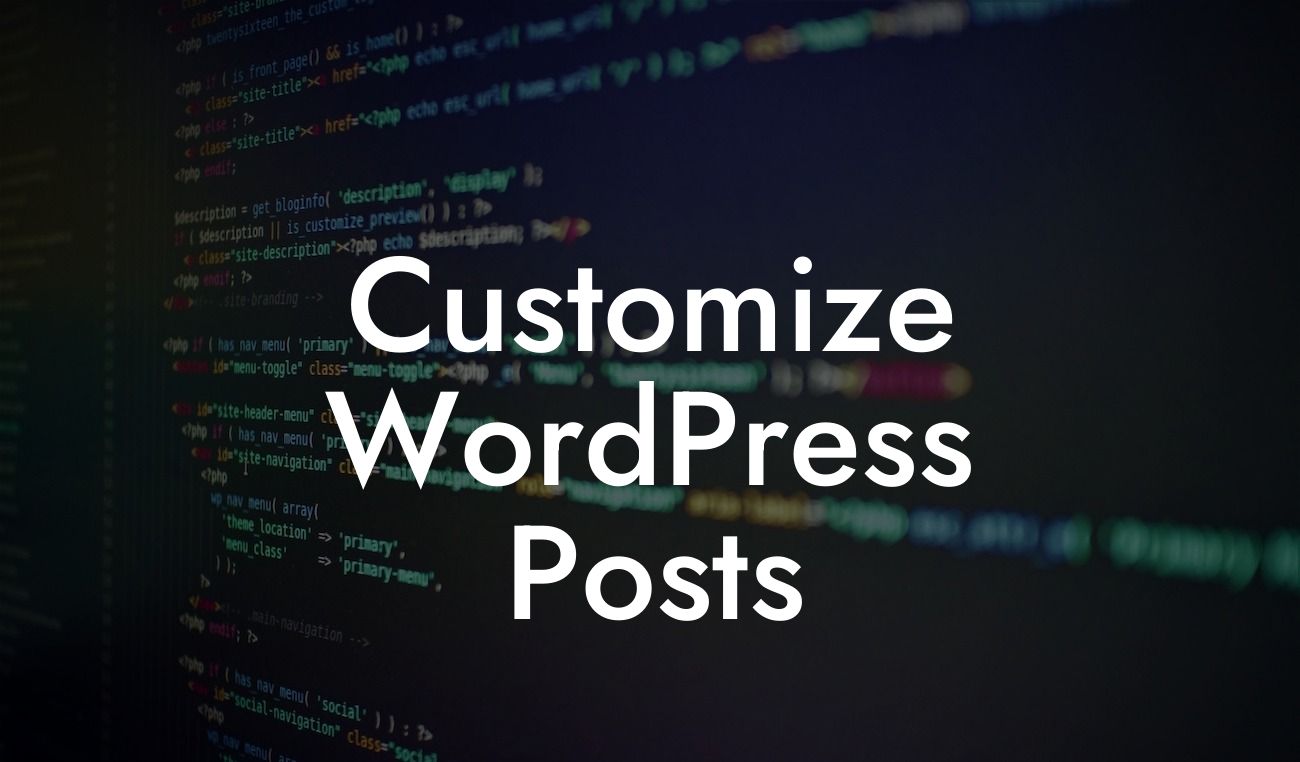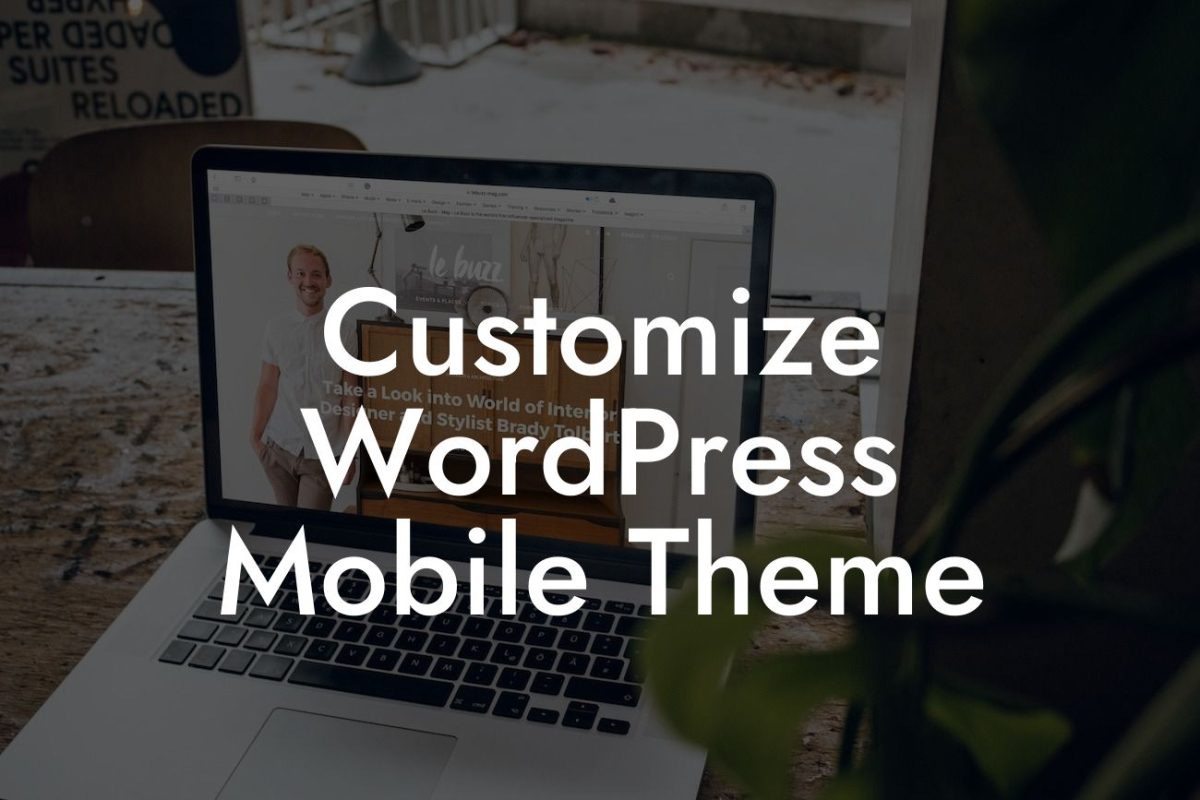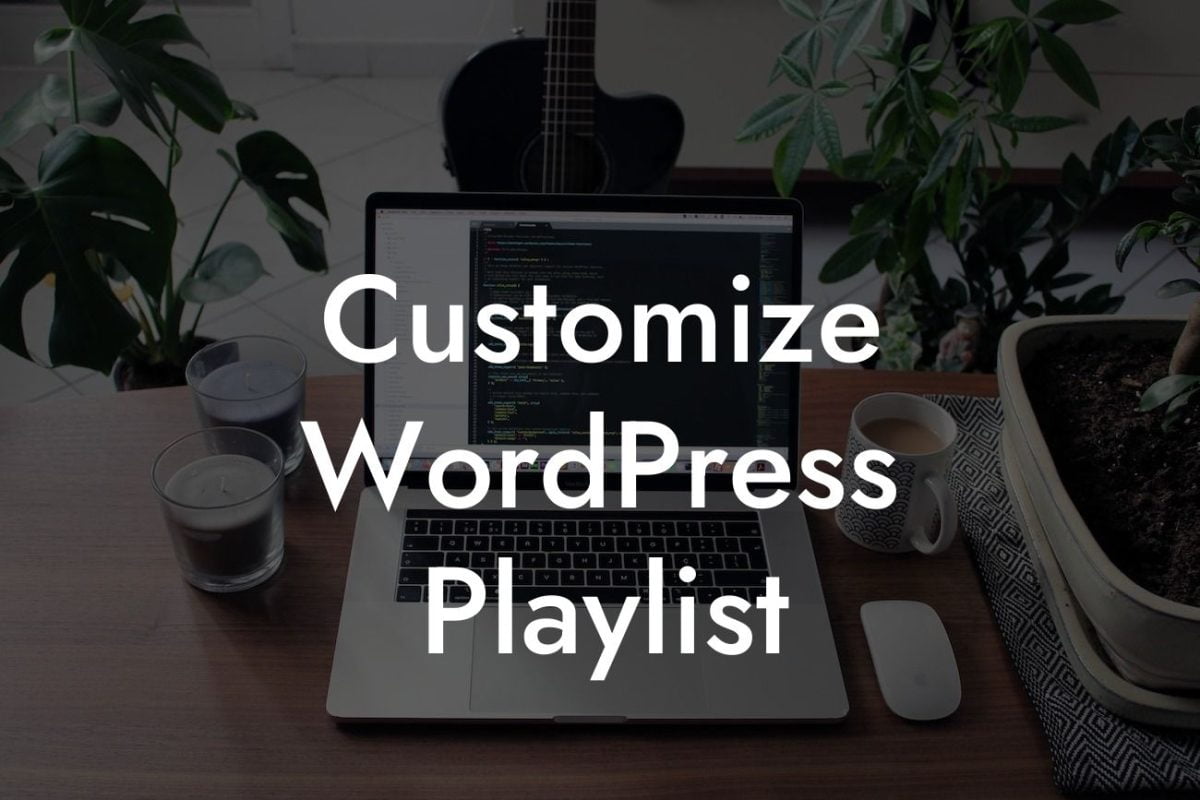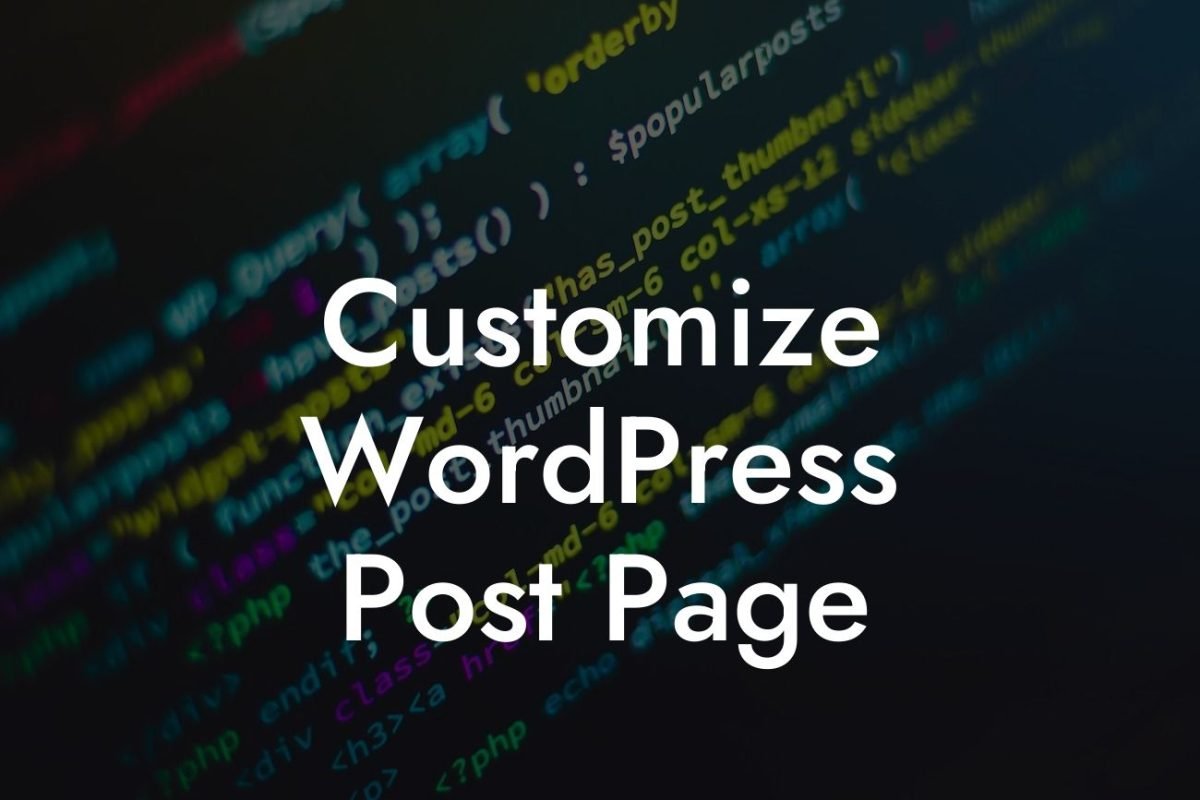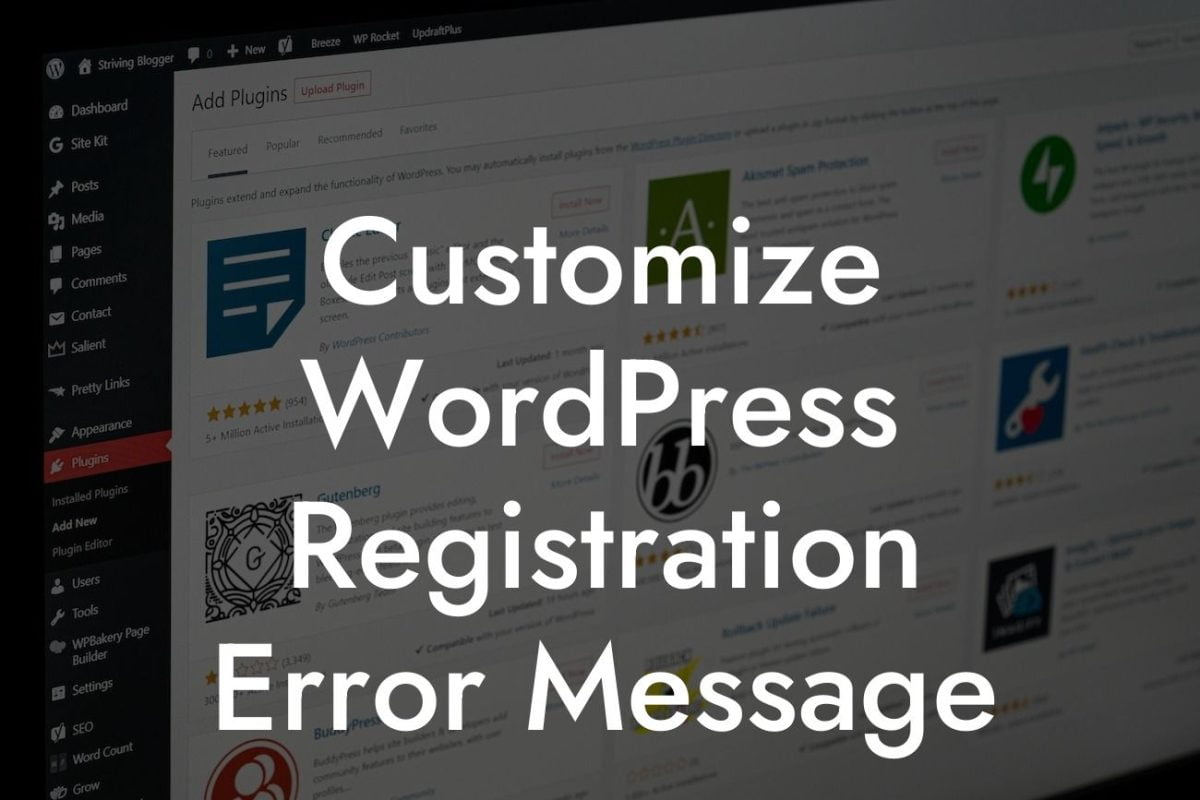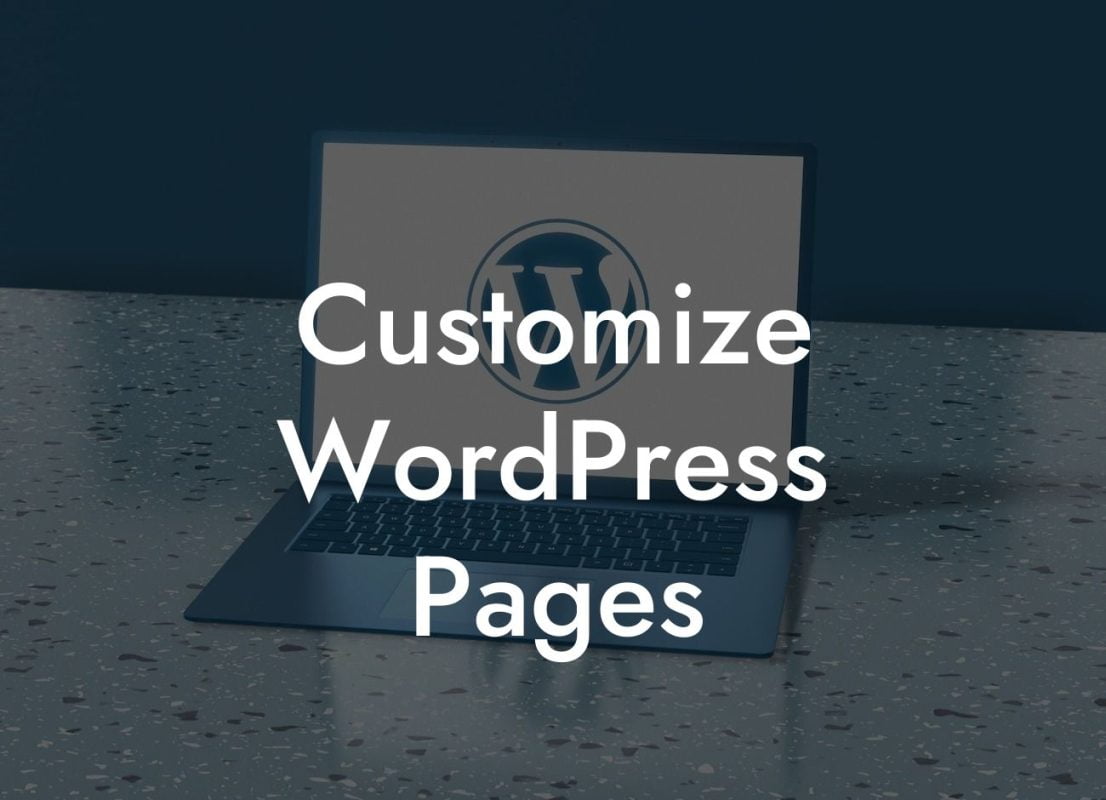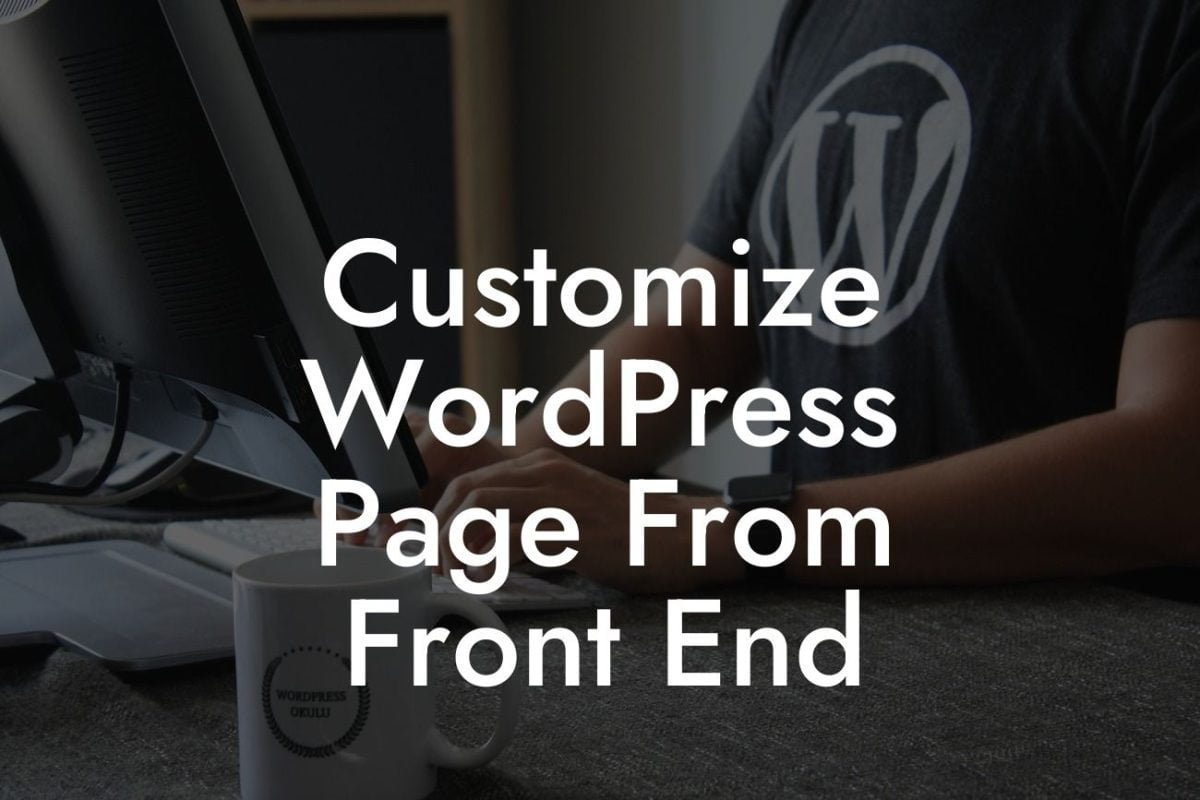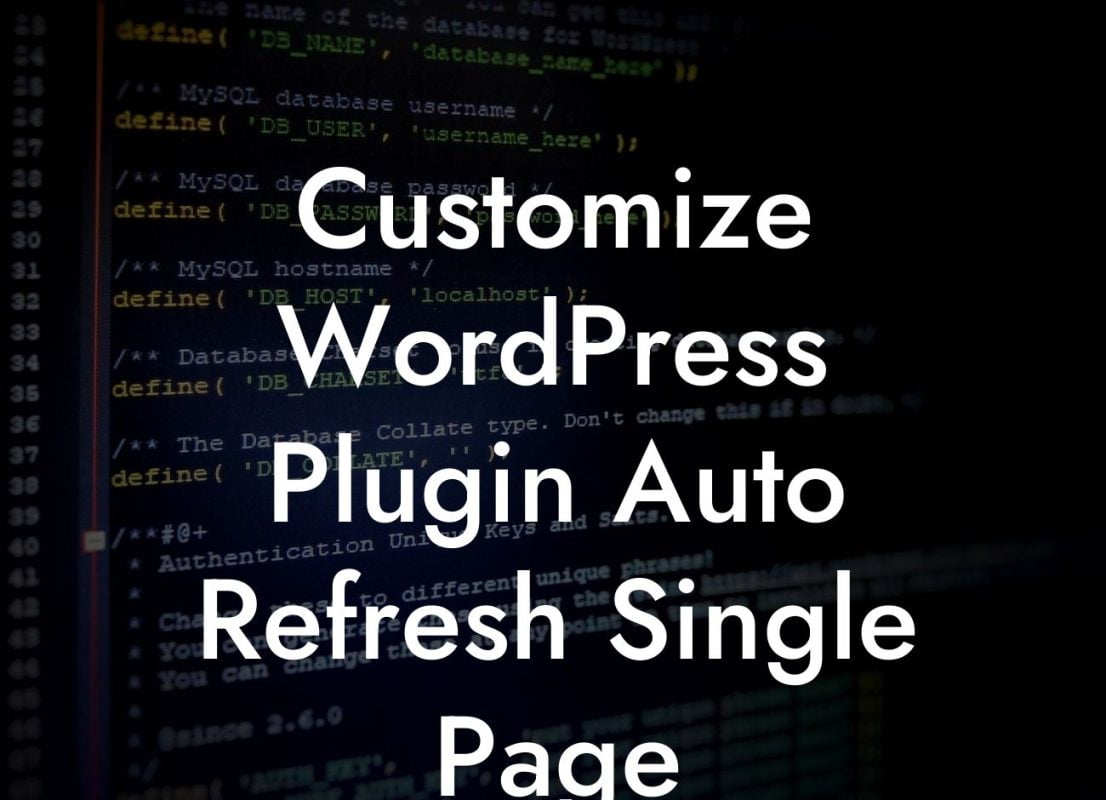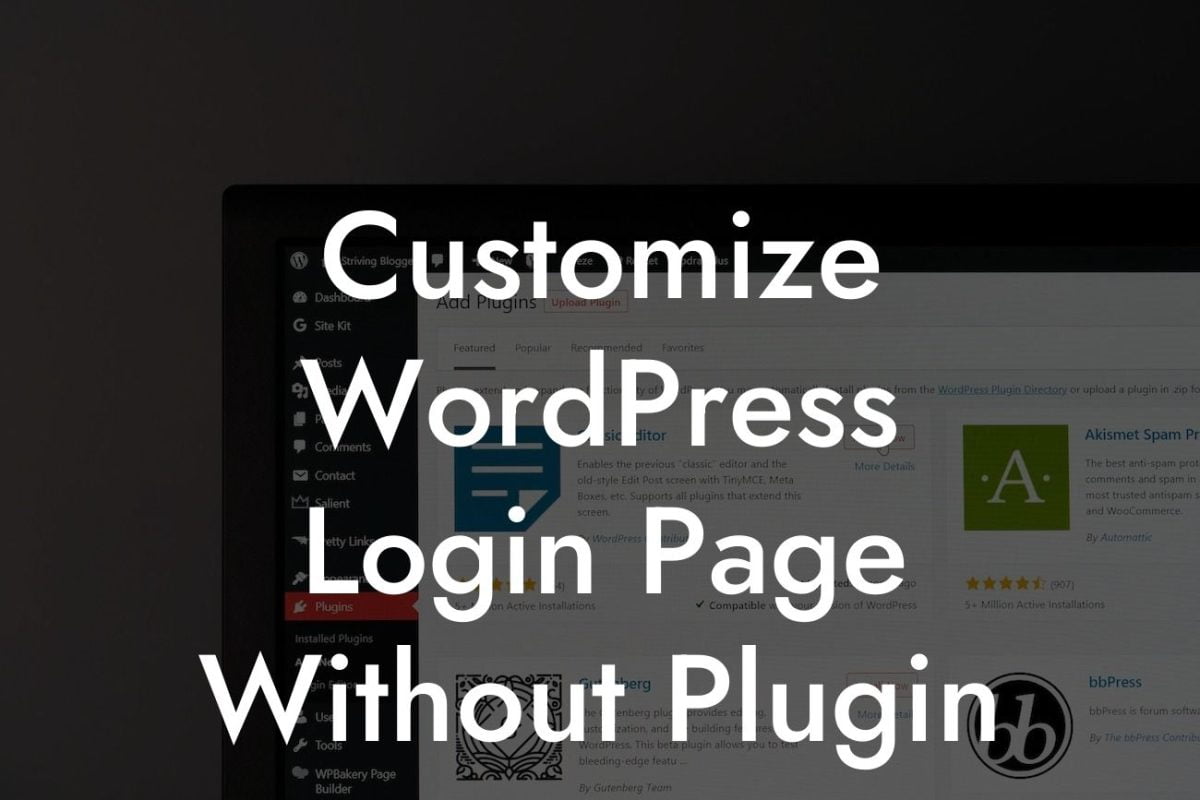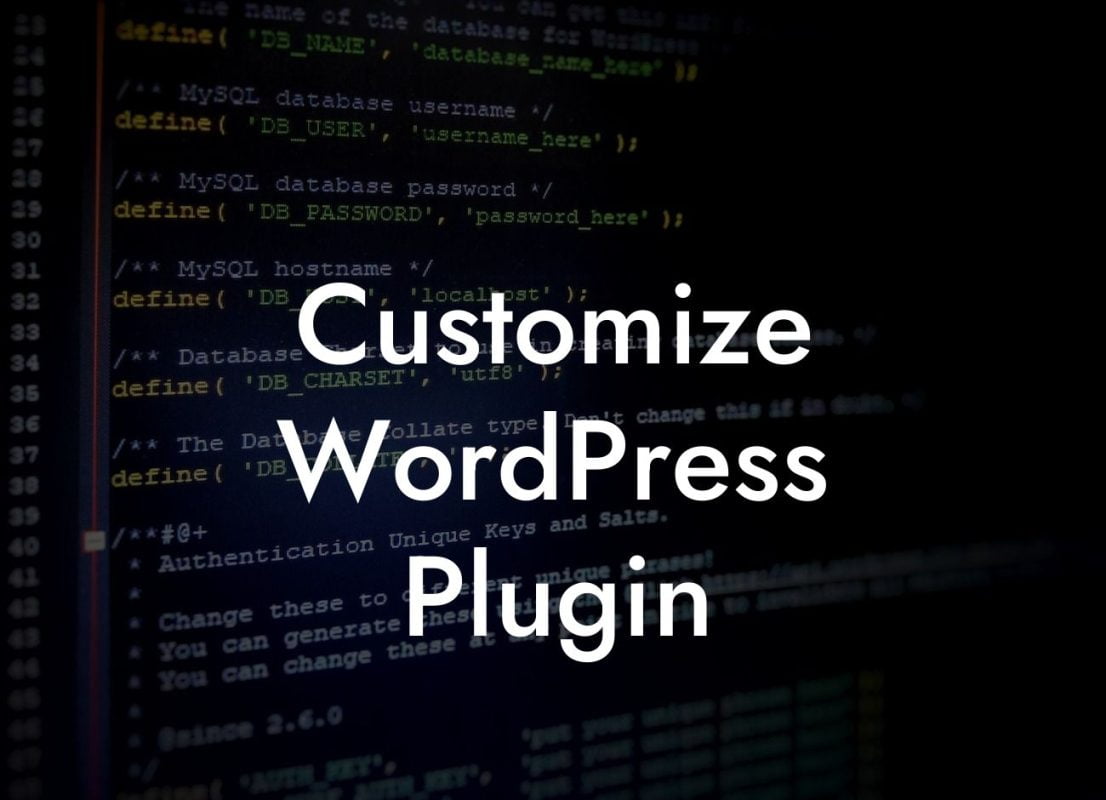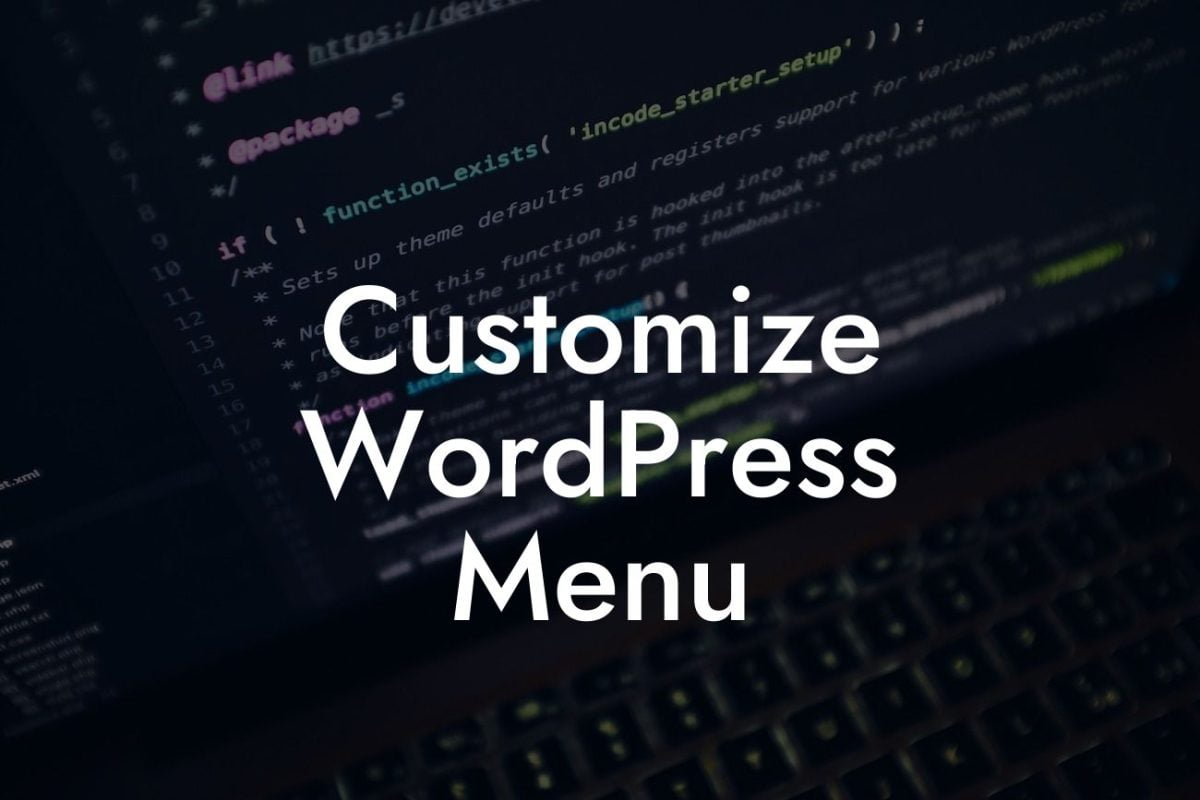In today's digital age, having a strong online presence is crucial for the success of small businesses and entrepreneurs. And when it comes to driving organic traffic to your website, search engine optimization (SEO) plays a vital role. One of the key aspects of SEO is incorporating relevant keywords into your website's content, particularly if you're using WordPress as your content management system. In this article, we will explore the best practices and techniques for effectively putting SEO keywords in WordPress and supercharging your online success.
When it comes to incorporating SEO keywords into your WordPress website, there are several strategies and techniques that can make a significant impact on your search engine rankings. Let's dive into the details and discover how you can optimize your content for better visibility and increased organic traffic.
1. Keyword Research:
Before you start using keywords, it's vital to conduct thorough keyword research. Identify the keywords that are most relevant to your business or niche, and have a good search volume with reasonable competition. Utilize keyword research tools like Google Keyword Planner, SEMrush, or Moz's Keyword Explorer to find the most suitable keywords for your website.
2. Strategic Keyword Placement:
Looking For a Custom QuickBook Integration?
Once you have your targeted keywords, it's essential to place them strategically throughout your WordPress website. Incorporate them in your page titles, headings (H1-H3),
3. Optimize Content:
To maximize the impact of your SEO keywords, optimize your content by implementing the following techniques:
- Write high-quality and engaging content that is valuable to your target audience.
- Include keywords naturally within the content, ensuring they fit naturally and don't disrupt the readability.
- Utilize bullet points, numbered lists, and subheadings (H2-H3) to enhance readability and make your content more scannable for users and search engines.
- Make use of relevant internal and external linking to improve the overall SEO value of your content.
4. Utilize SEO Plugins:
To simplify the process of incorporating SEO keywords, consider utilizing WordPress plugins specifically designed for SEO optimization. DamnWoo offers a range of powerful plugins tailored for small businesses and entrepreneurs, such as the DamnWoo SEO Plugin. These plugins provide tools that make keyword research, optimization, and analysis more efficient and effective.
How To Put Seo Keywords In Wordpress Example:
Suppose you run a small bakery in San Francisco, specializing in gluten-free desserts. Your target customers are health-conscious individuals looking for indulgent yet healthy treats. To optimize your content for SEO, you can conduct keyword research using tools like Google Keyword Planner and identify keywords like "gluten-free desserts San Francisco," "healthy bakery San Francisco," or "vegan desserts." Incorporate these keywords strategically throughout your website, including in titles, headings, content, and meta tags, to increase your chances of ranking higher on search engine result pages (SERPs) when potential customers search for these terms.
In conclusion, optimizing your WordPress website with SEO keywords is a powerful way to boost your search engine rankings, attract more organic traffic, and ultimately drive growth for your small business or entrepreneurial venture. Don't settle for cookie-cutter solutions; embrace the extraordinary with DamnWoo's plugins designed exclusively for small businesses and entrepreneurs. Explore our range of plugins today and take your online presence to new heights. Remember to share this article with others who may find it valuable and visit DamnWoo for more insightful guides on growing your business.

